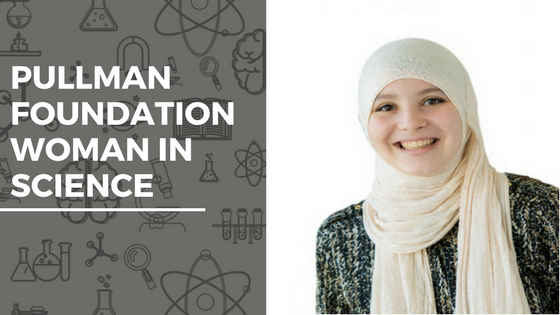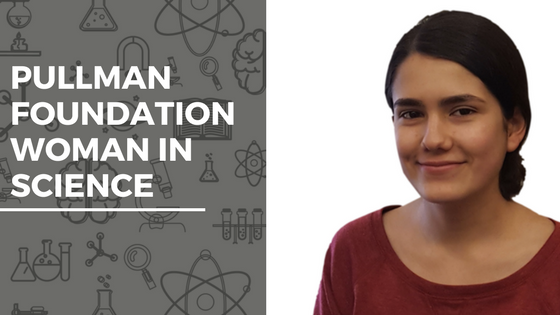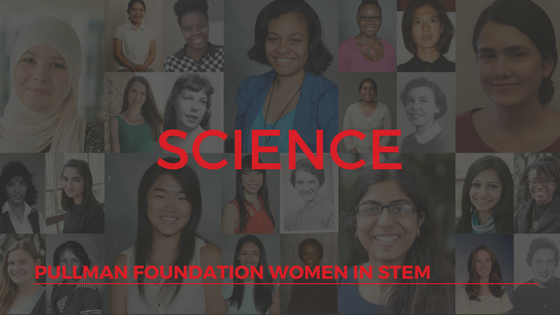Amel Baker, a junior at Loyola University Chicago studying psychology and cellular/molecular neuroscience, shares her affinity for science and how she gives back to the community with tutoring for four departments and starting the LUC S.T.A.R. Any effort I put into a science class, I see it coming back again in the next. For example, when […]
Read More… from Life as a Cellular/Molecular Neuroscience and Psychology Major


